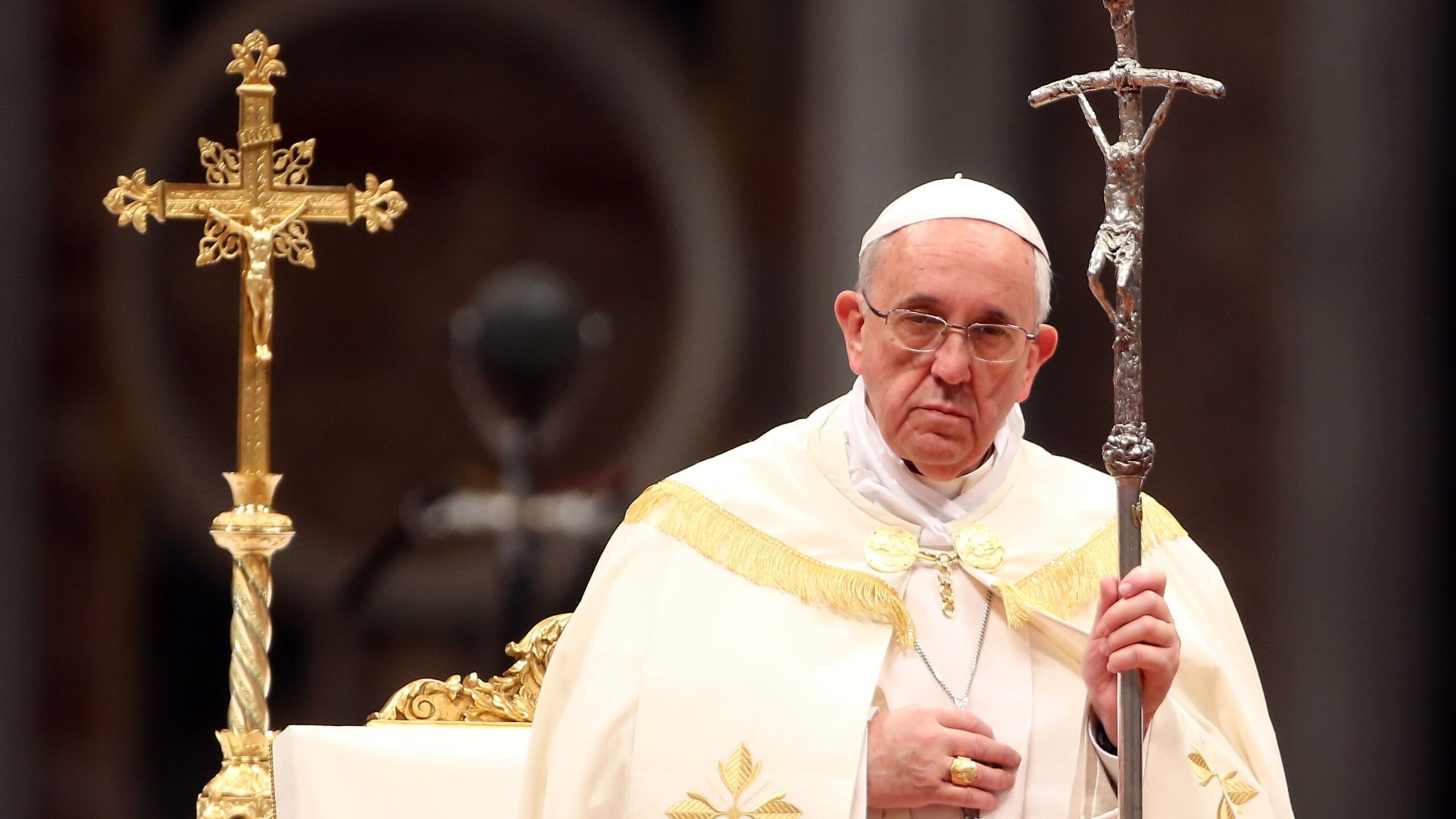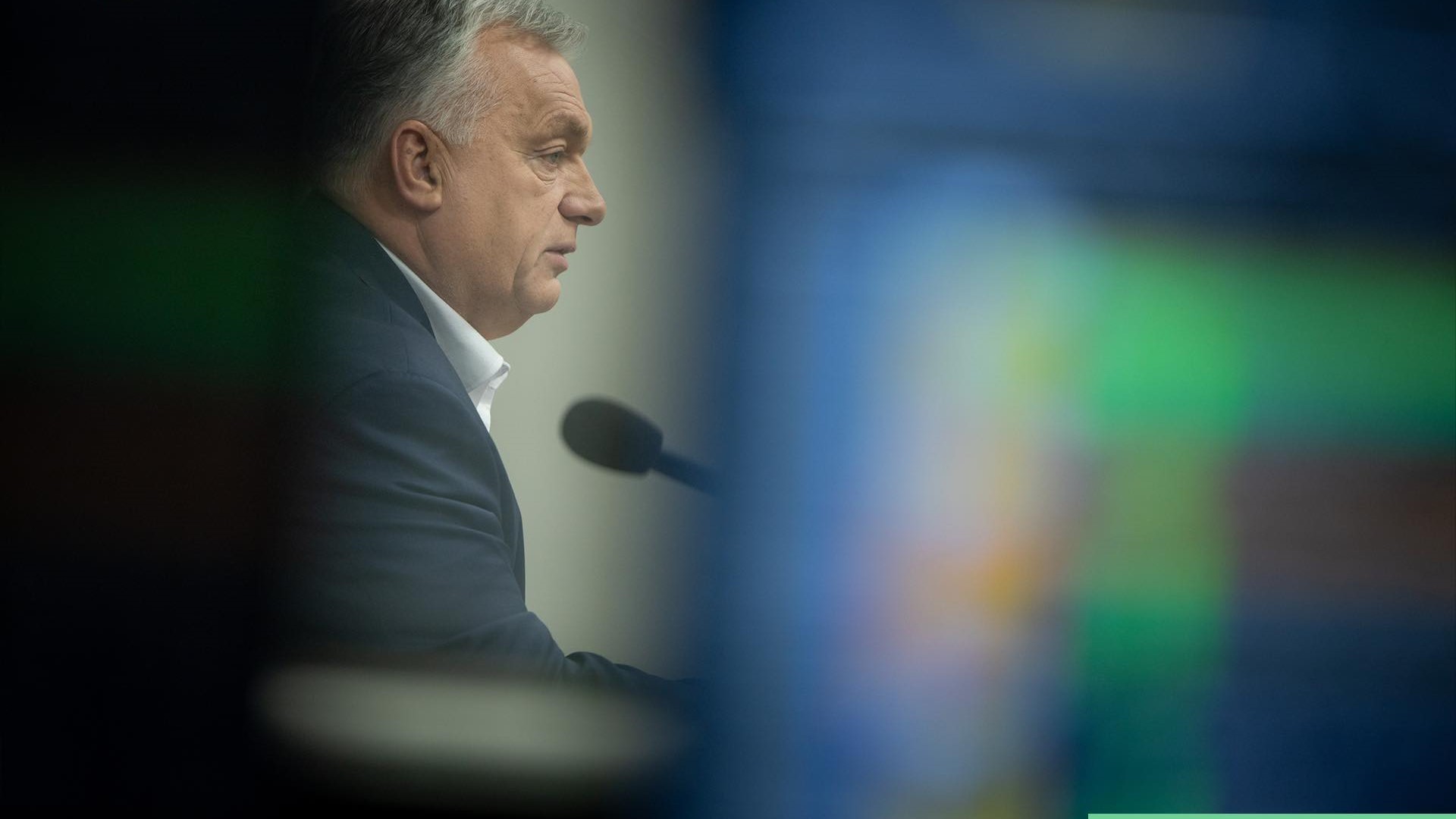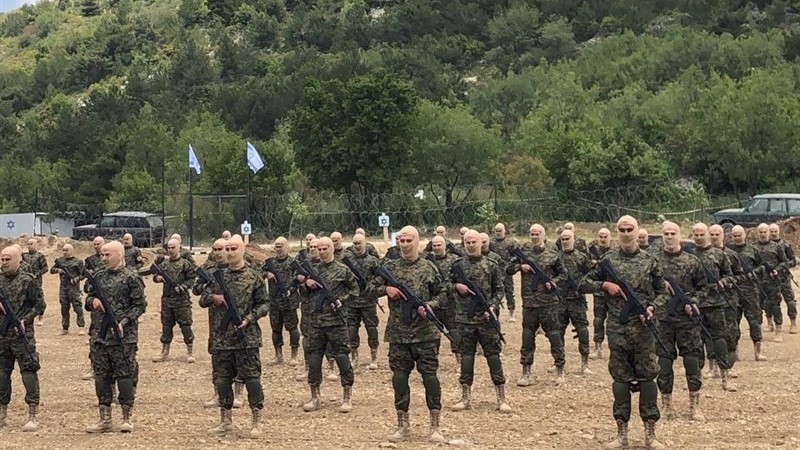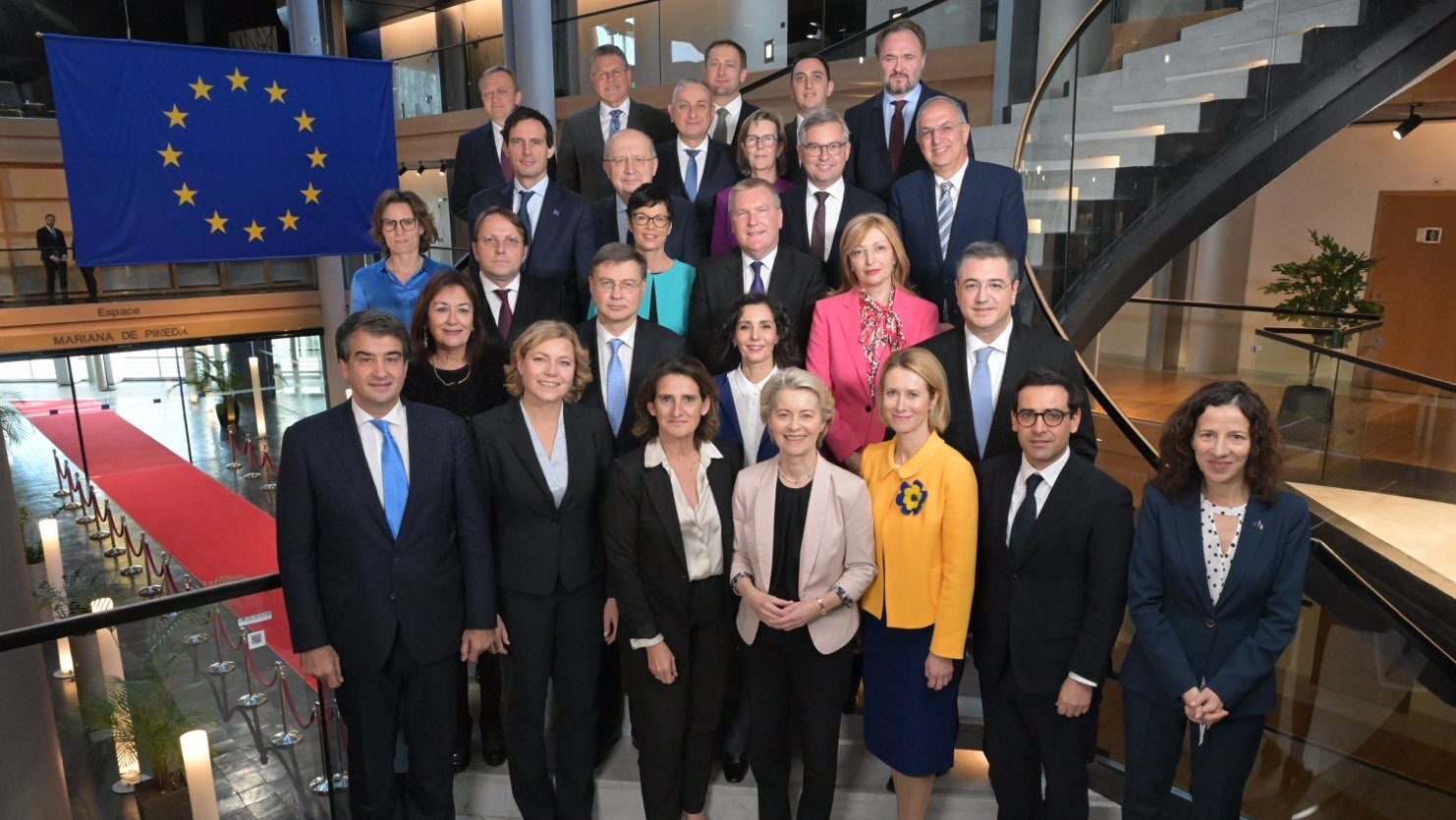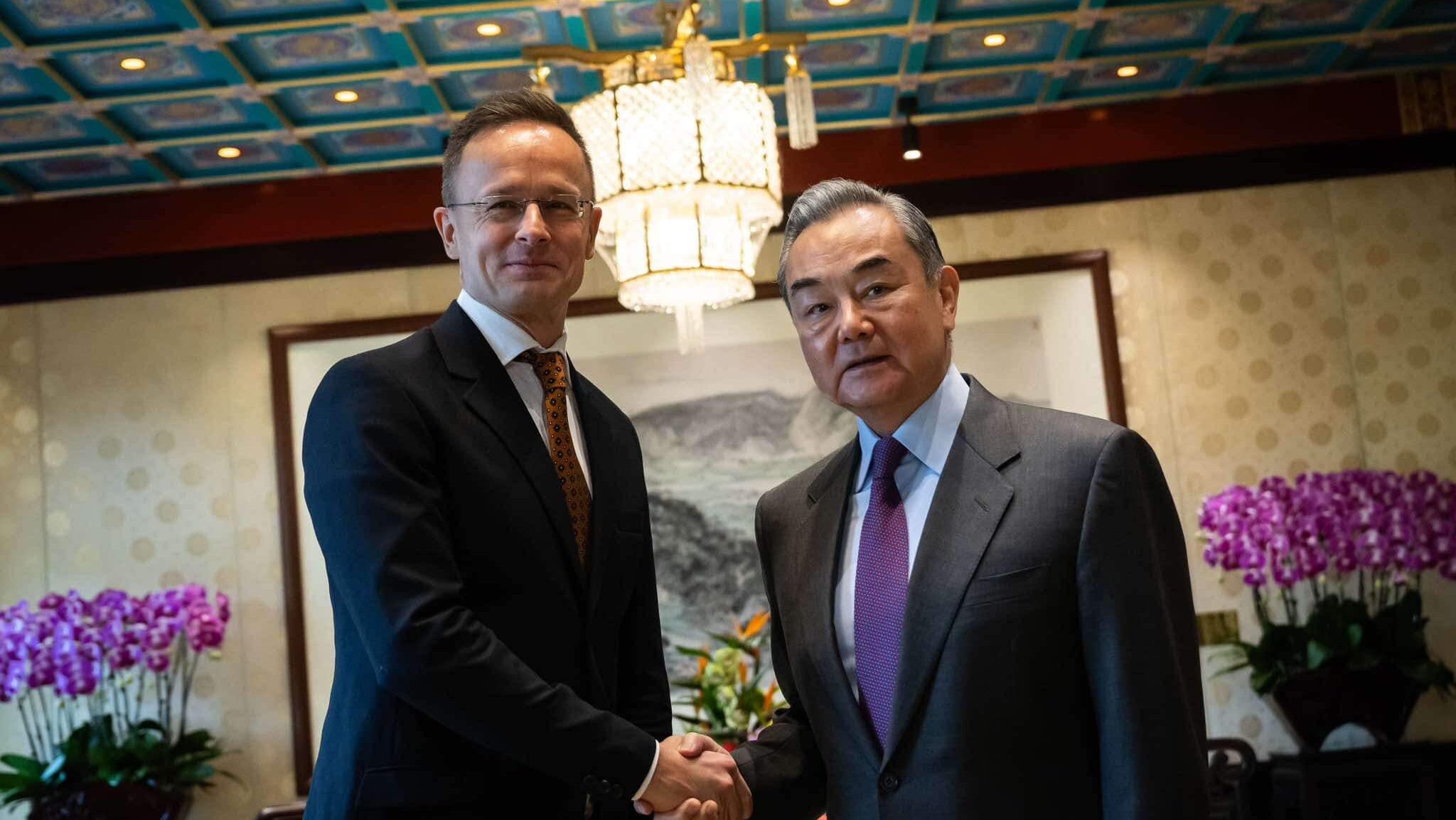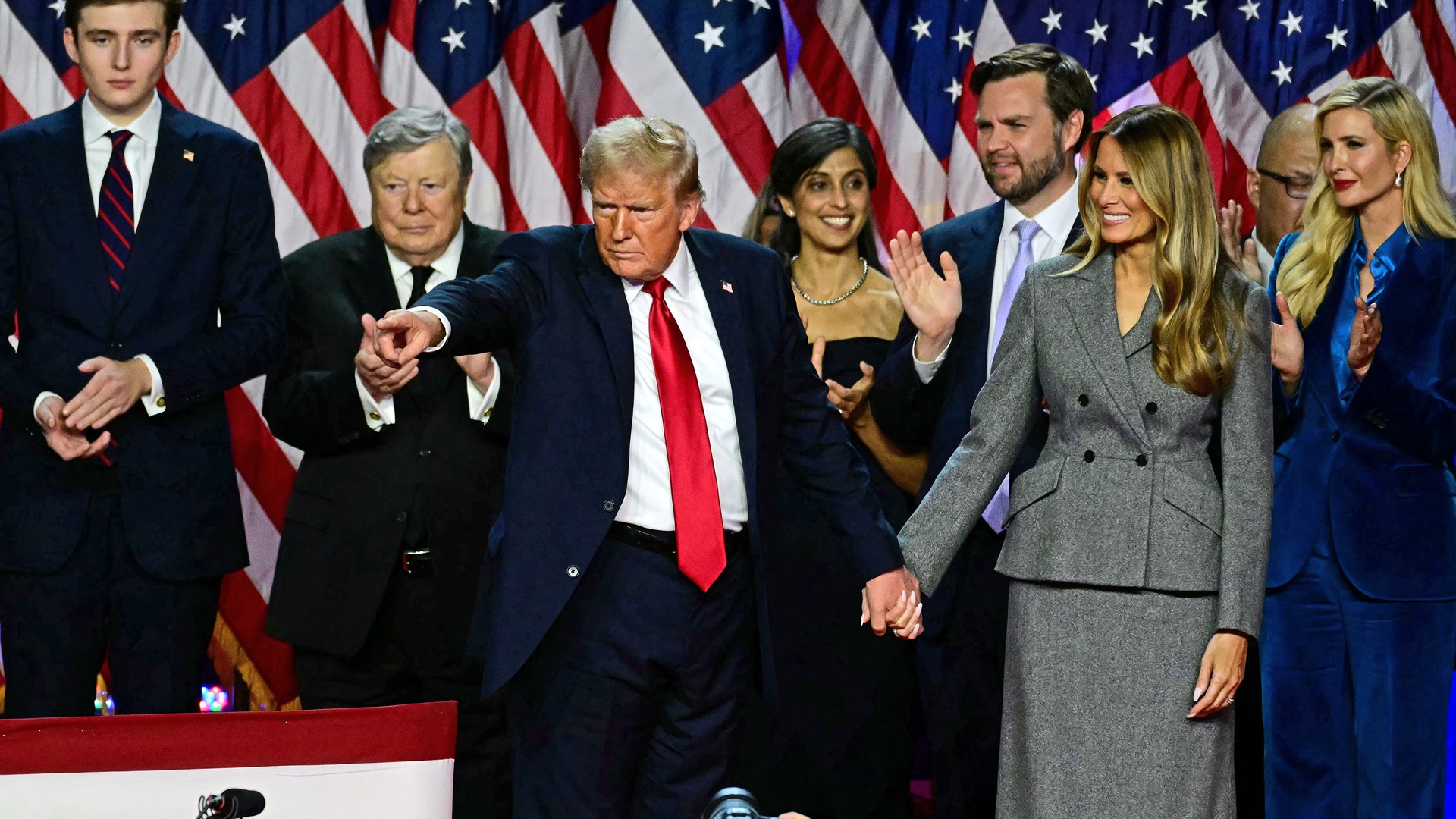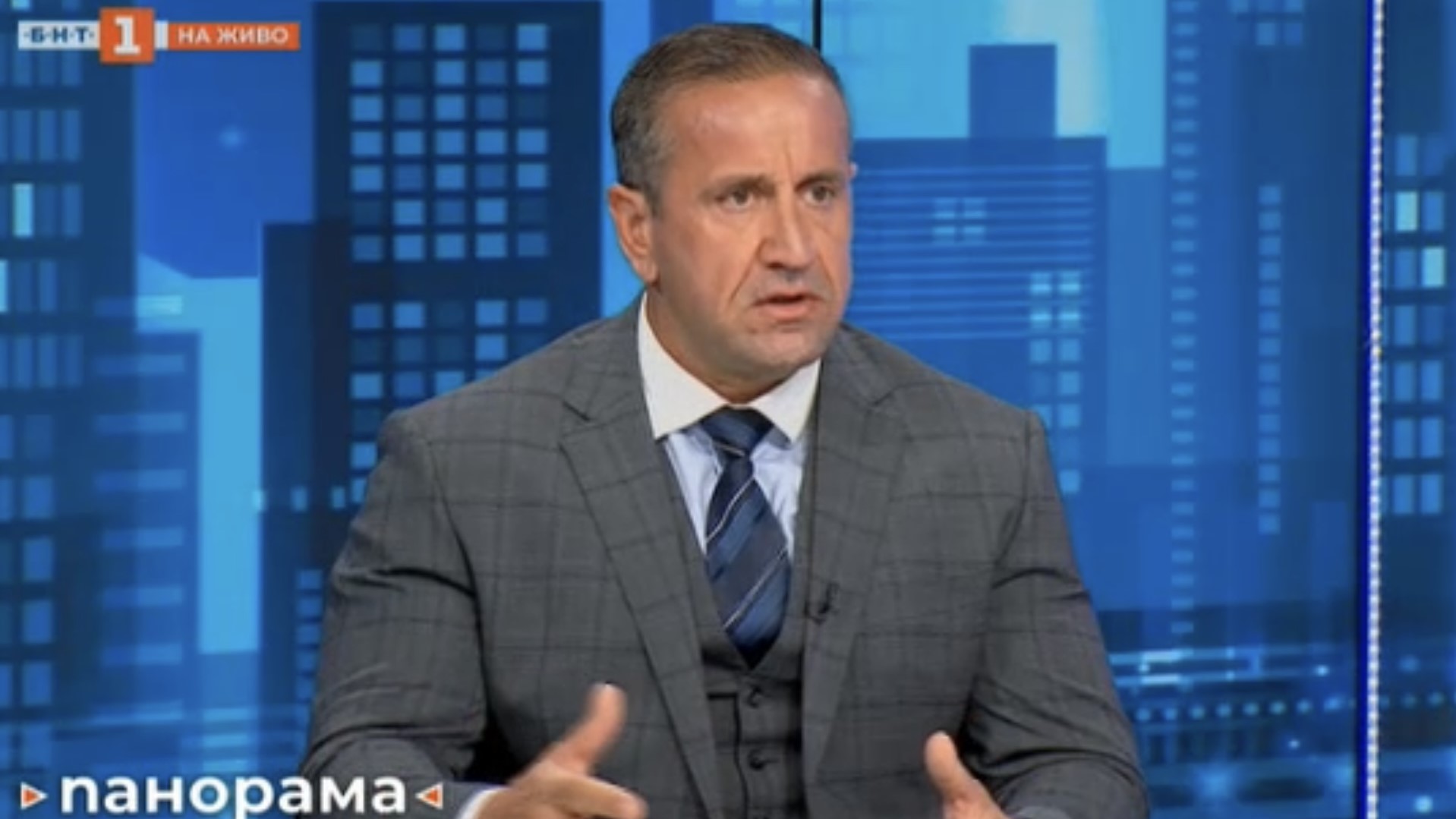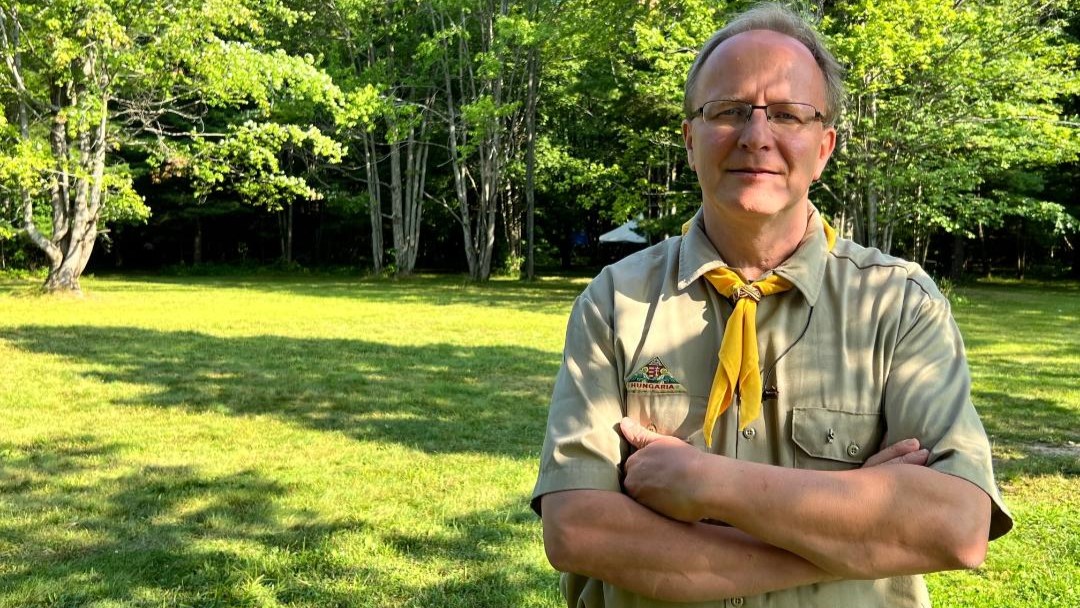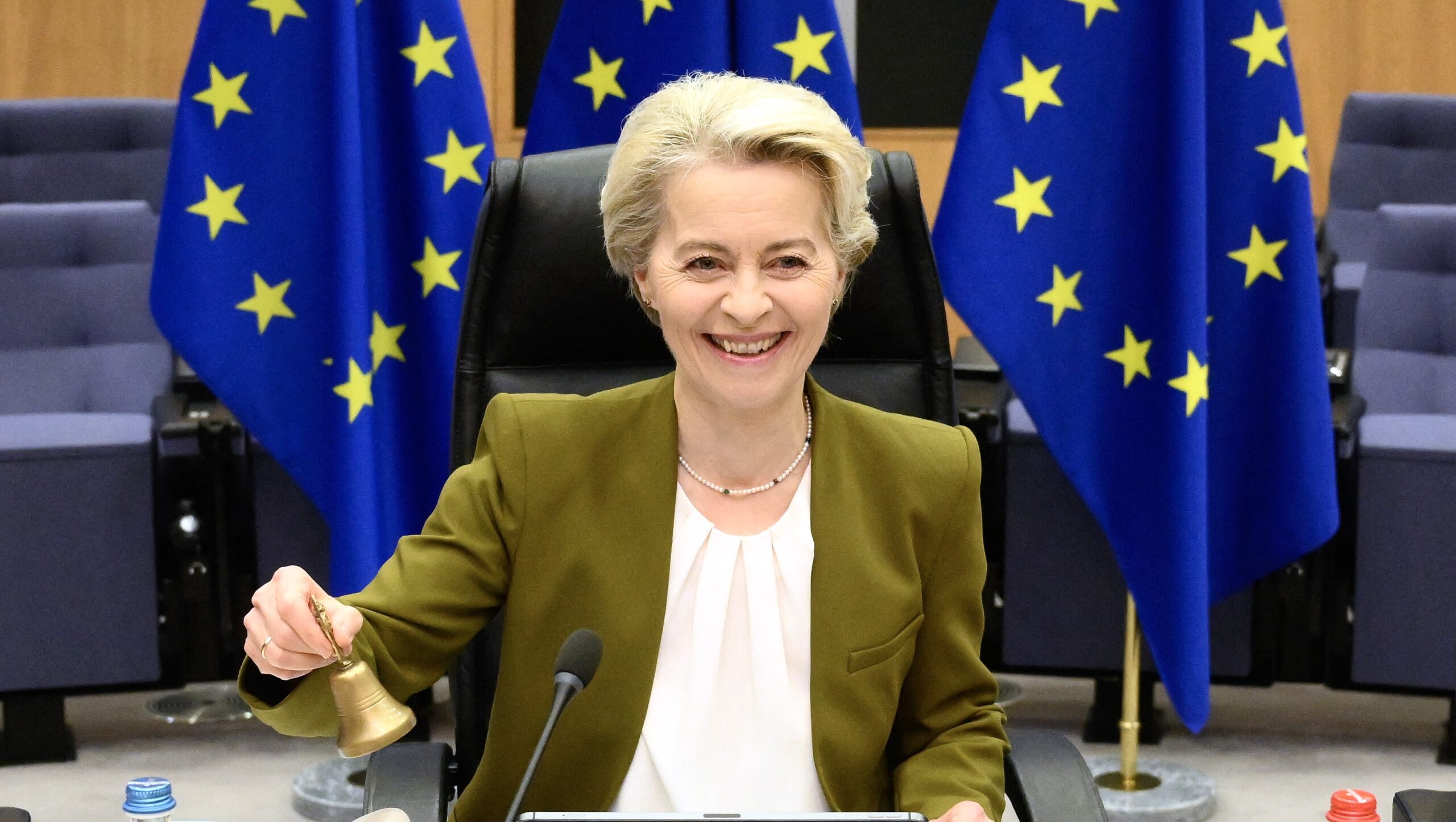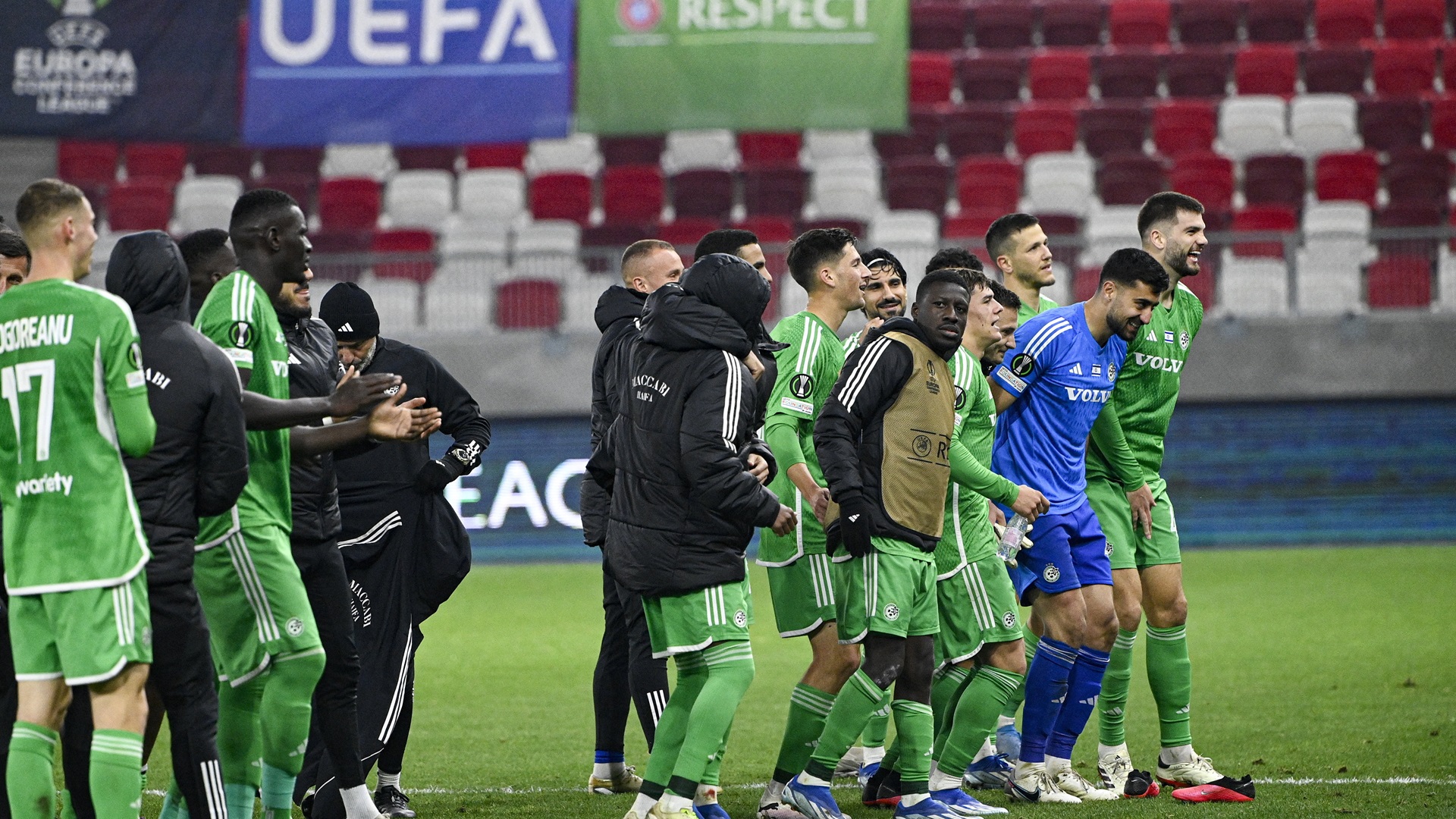
Double-Edged AFP Praise of PM Orbán for Hosting Israel Football Teams
A recent AFP articles titled ‘Orban’s soft power shines as Hungary hosts Israeli match’ apparently praised the Hungarian leadership for welcoming many Israeli football teams in the midst of the ongoing Hamas–Israel war. However, as expected, the piece also insinuates that the Hungarian government at times ‘veers into’ antisemitism, citing as an example the anti-Soros billboard campaign of 2017.

